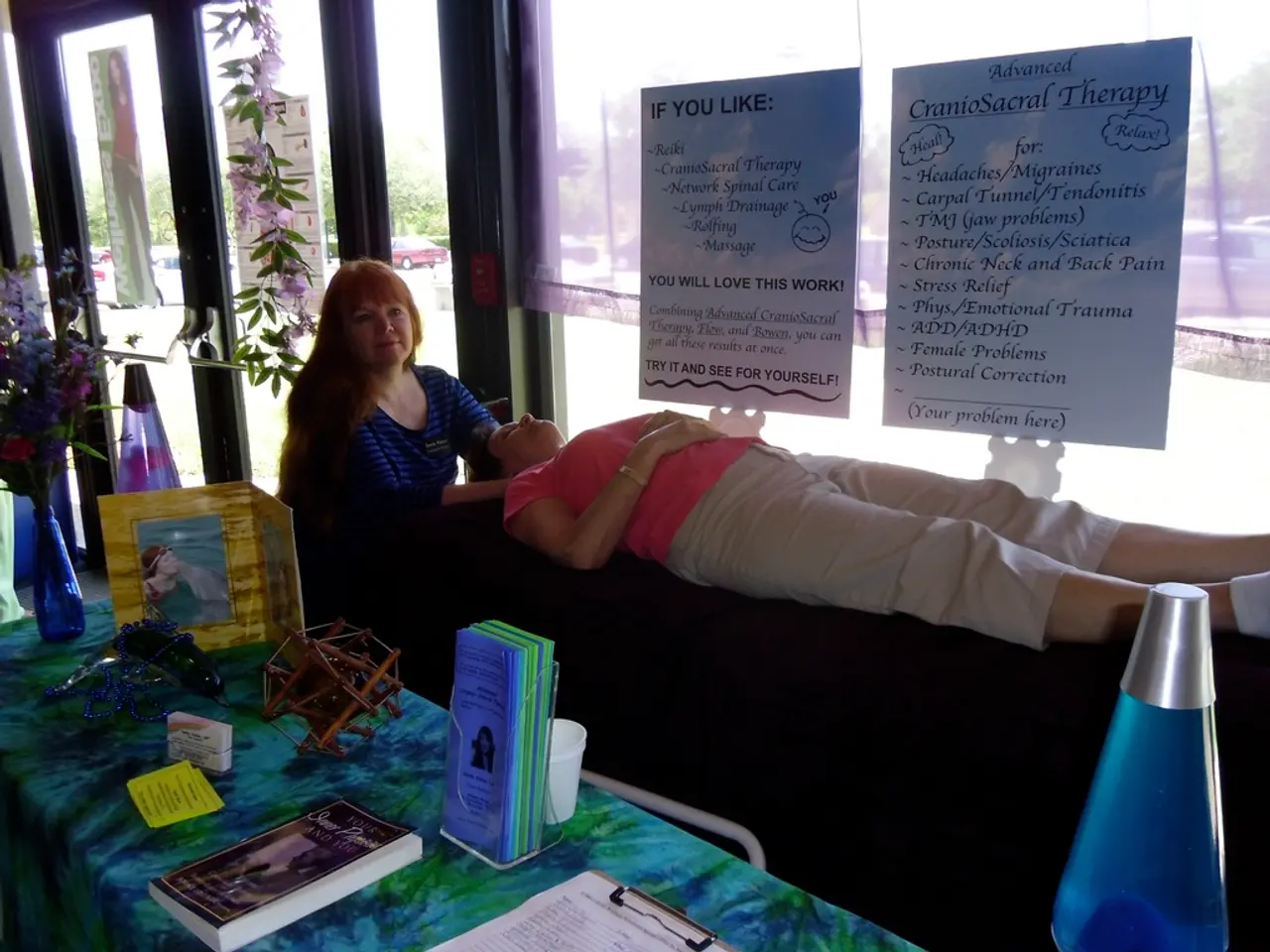Elderly Depression Linked to Increased Frequency of Back Pain
In the later years of life, depression is a common yet often overlooked issue. Age-related depression, also known as late-life depression, can present with symptoms that are commonly mistaken for physical ailments, making it difficult to recognise and diagnose.
Seniors may experience persistent fatigue or lack of energy that does not improve with rest, sleep disturbances such as difficulty falling asleep or excessive sleeping, and changes in appetite resulting in weight loss or gain. These symptoms, when not attributed to depression, can be attributed to normal aging or physical illness.
Unexplained aches and pains, such as headaches, cramps, back pain, or digestive discomfort, can also be associated with age-related depression. Cognitive difficulties, including trouble concentrating, memory problems, or slowed thinking and decision-making, can resemble neurological or age-related cognitive decline.
Behavioral changes, such as neglect of personal care, social withdrawal, and decreased activity levels, might be viewed as physical decline or dementia-related symptoms. Loss of interest in hobbies or social contacts can also be a symptom of age-related depression.
Psychological complaints, such as lethargy, low mood, withdrawal, negative thoughts, and feelings of uselessness, can emerge relatively late in those with age-related depression. In some cases, suicidal thoughts can be a symptom of the condition.
Dr. med. Christian Mauerer, the head of gerontopsychiatry and -psychotherapy at the Bayreuth district hospital, emphasises the importance of recognising these symptoms. He states, "Age-related depression can manifest with physical symptoms rather than typical illness pictures."
Sandra Villagran, a Senior Physician at the same hospital, is responsible for the treatment of age-related depression. She adds, "Because these symptoms overlap with many physical illnesses and normal aging processes, depression in older adults is frequently underdiagnosed or misdiagnosed."
Joachim Fuchsberger, a German actor, wrote a book titled "Growing old is not for the faint-hearted," highlighting the challenges faced by seniors. His work brings attention to the issue of age-related depression, encouraging open discussions about the topic.
It is crucial to seek medical evaluation when these symptoms persist for more than two weeks to distinguish depression from purely physical causes and ensure appropriate treatment. Recognising the overlap between physical symptoms and age-related depression is essential for timely diagnosis and care.
Science and mental health are inseparable in the understanding of age-related depression, particularly in its difficult-to-recognize physical symptoms. Health-and-wellness professionals often overlook the impact of mental health on seniors' physical well-being, as symptoms such as persistent fatigue or unexplained aches and pains can be closely linked to mental health issues like depression.








